Australia warned it faces ‘national emergency’ as commercial shipping fleet dwindles
Country risks supply chain disruption when geopolitical tensions rise, says industry group
Australia faces a “national emergency” unless it re-establishes a sovereign commercial shipping fleet to ensure critical goods flow during times of war and economic sanctions.
The war in Ukraine, alongside Canberra’s geopolitical tensions with Beijing, has highlighted the vulnerability of Australia’s security and economy given its supply chain is almost completely reliant on ships registered to other countries.
The Australian government was forced last week to ask a British ship set to bring in munitions for the defence force to replace Russian crew members.
The number of Australian-owned ships is set to wither to just nine by 2024, according to data from Maritime Industries Australia Limited, an industry association. That comprises six roll-on, roll-off ships used in the Bass Strait and three cement ships but no container ships or oil tankers. In the 1980s, the country boasted about 100 Australia-domiciled ships.
Tim Barrett, a former chief of the Australian navy, said 90 per cent of goods, measured by volume, arrived in the country by sea including fuel, medicine and fertilisers.
“It points to the fragility in our national resilience. Because we have such a small fleet we are dependent on other nations,” he said, arguing that Canberra had no control over its supply chain. “We are fast approaching a critical point.”
Australia’s heavy industry is also reliant on foreign-owned ships, leaving them vulnerable to conflict. Mining group BHP, Australia’s biggest company, is the largest dry bulk ship charterer in the world and hires 1,000 ships a year to export minerals.
Teresa Lloyd, chief executive of MIAL, said: “Australia is an island nation with no land borders to any other country. It is a national emergency that we don’t have a viable local commercial shipping fleet to call upon.”
Barrett, who sits on MIAL’s board, said successive Australian governments had failed to support a locally domiciled shipping industry. “Countries like Japan and Norway have understood the significance of the fact that they are maritime nations and have a trade dependency on things arriving by sea. We have let it slip,” he said.
Barrett also noted China’s focus on expanding its shipping industry in areas including capacity, shipbuilding and financing. “None of this has been hidden,” he said of the country’s growing power in the sector to which Australia is highly exposed.
Lloyd said Canberra could support a sovereign fleet of 20 ships by providing about A$150mn (US$111mn) of tax and other incentives to entice companies to register ships in Australia.
“The government is spending billions of dollars on defence in the maritime space given the volatility of geopolitics. Defence is important but ensuring the people who are being protected, are able to continue getting the vital supplies they need like medicine, fuel and chemicals for clean drinking water is also crucially important,” she said.
The government has strengthened maritime security in the region through initiatives such as the Aukus pact with the UK and US, and constructing a nuclear submarine base on the east coast of the country and a planned new dry dock in Western Australia.
The government did not respond to a request for comment.

